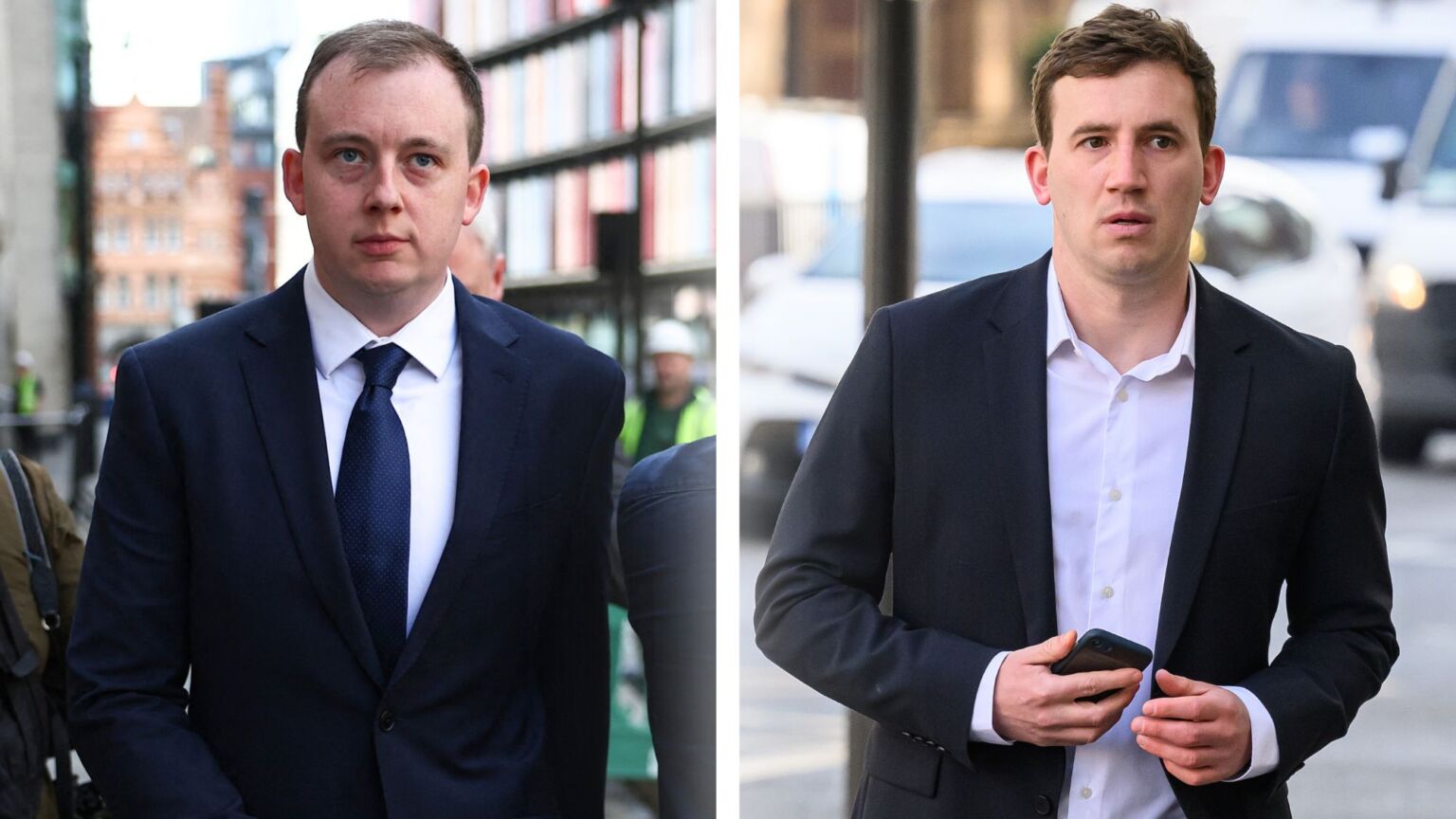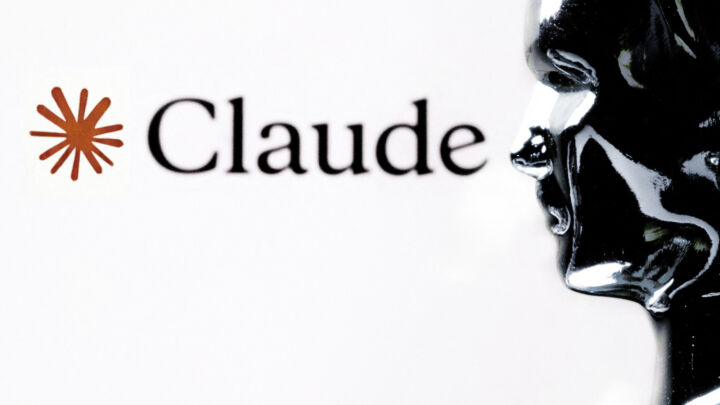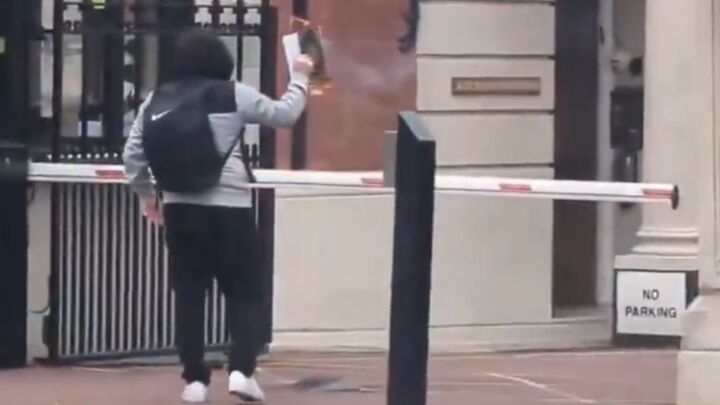The China spy case reveals Starmer’s contempt for the rule of law
It seems highly likely that Labour allowed a major trial to collapse for political reasons.

Want unlimited, ad-free access? Become a spiked supporter.
Keir Starmer’s Labour Party used to love to give lectures about respecting the rule of law. Quite literally, in the case of UK attorney general Lord Hermer.
In October 2024, Hermer delivered a widely publicised Bingham Lecture, entitled ‘The Rule of Law in an Age of Populism’, in which he criticised calls to abandon institutions such as the European Convention on Human Rights. He argued that the rule of law ‘is not the preserve of arid constitutional theory’ and is the ‘bedrock’ on which democracy rests. Earlier this year, Hermer claimed that anyone who publicly criticises a judge or objects to a court decision is a ‘threat to the rule of law’.
It’s not just Lord Hermer, of course. During the Brexit years, whenever Conservatives objected to legal decisions that seemed to favour the Remainers, Labour and its supporters reacted with outrage, slamming Brexiteers as enemies of the constitution. When Boris Johnson’s government introduced the Internal Market Act 2020 – which included provisions to override an international treaty – Labour critics promptly accused the government of breaching the rule of law.
Yet in the face of the China spying case, those same voices have fallen quiet. The case against Christopher Cash and Christopher Berry, who were charged under the Official Secrets Act 1911, collapsed earlier this month. The director of public prosecutions, Stephen Parkinson, has all but blamed the Labour government for this.
In order to meet the standard for bringing a prosecution, the Crown Prosecution Service (CPS) needed convincing evidence that China is a threat to the UK. But the witness statements provided by the government failed to establish this.
Initially, the government claimed that the previous Conservative government’s framing of China as an ‘epoch-defining challenge’, as opposed to an ‘enemy’, was what had fatally undermined the case. Then attention turned to national-security adviser Jonathan Powell. Media reports suggested the Treasury may have intervened to block the prosecution in order to preserve trade relations with China. More recently, the government has tried to shift blame on to the deputy national-security adviser, Matthew Collins, whose witness statements were relied on by the CPS. Unlike Powell, a political appointee, Collins has been in his post since 2022.
Last night, Collins’s statements to the CPS were published. He made three of them. The first, from 2023 when the Tories were still in power, was unequivocal in describing China as a threat. It also went into detail regarding the allegations against Cash and Berry. In the two subsequent statements, both made this year under the Labour government, the language on China was far softer. Collins’s final statement concluded with a line from Labour’s manifesto – that the government wants to ‘co-operate’ with China ‘where we can, compete when we need to and challenge where we must’.
Ahead of the publication of the statements yesterday, Starmer said in Prime Minister’s Questions that these statements would exonerate the government. In truth, they raise more questions than they answer. Such as, why did Collins soften his language in the more recent statements? The PM claims that Collins was left entirely alone to submit evidence in this case. Does it really seem likely that he did not discuss such a serious matter with senior colleagues? And why would he include lines from Labour’s manifesto if he was not influenced in some way by the new party in power?
It’s all very suspect. If – as looks increasingly likely – decisions were taken to frustrate this case, we would be looking at an extraordinary breach of the principle that nobody is above the law. Knowingly allowing a major trial to unravel for political ends is a gravely serious breach of constitutional principles. So where is the outrage?
Starmer has serious questions to answer. None of his excuses makes any sense. If Starmer truly believes the previous Conservative government negligently allowed the case to collapse, why can’t he explain how such defective evidence was put to the CPS in the first place? And why did his government not seek to rectify any evidential problems before the case collapsed? These seem like extraordinary oversights for a prime minister who was himself the former director of public prosecutions, and who never tires of reminding us of the importance of the rule of law.
The key takeaway from this is that the rule of law seems only to matter to left-leaning lawyers when it helps them attack their political opponents. If you object to the courts being used to frustrate Brexit, if you speak out against a ludicrous asylum decision in an immigration tribunal, then you will be monstered as a threat to the constitution. Now, in the face of one of the greatest affronts to the rule of law in living memory, their silence speaks volumes.
Luke Gittos is a spiked columnist and author. His most recent book is Human Rights – Illusory Freedom: Why We Should Repeal the Human Rights Act, which is published by Zero Books. Order it here.
You’ve hit your monthly free article limit.
Support spiked and get unlimited access.
Support spiked and get unlimited access
spiked is funded by readers like you. Only 0.1% of regular readers currently support us. If just 1% did, we could grow our team and step up the fight for free speech and democracy.
Become a spiked supporter and enjoy unlimited, ad-free access, bonus content and exclusive events – while helping to keep independent journalism alive.
Monthly support makes the biggest difference. Thank you.











Comments
Want to join the conversation?
Only spiked supporters and patrons, who donate regularly to us, can comment on our articles.